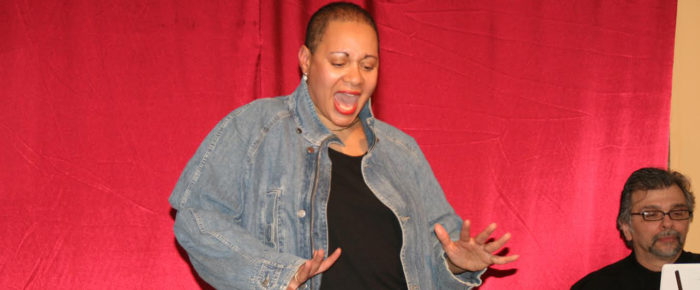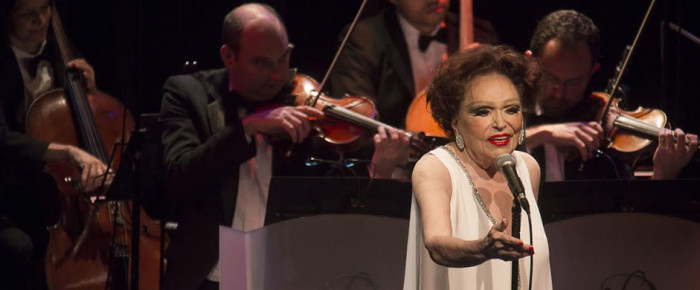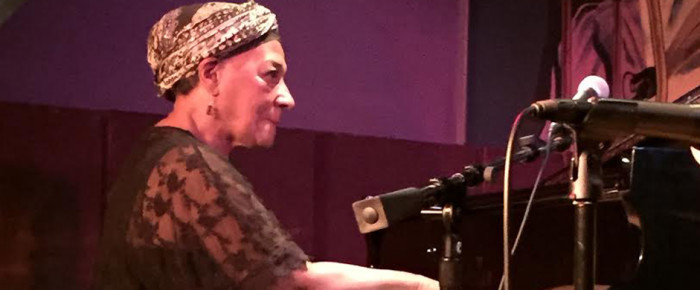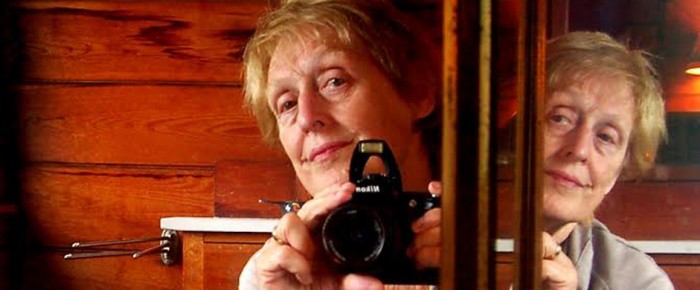Betty Corwin is going to turn 97 this month, but she says she still feels like a baby. “If you feel young, you are young,” says the native New Yorker,…
Read moreHow writing her life story led a woman to inner healing

Maria Aponte was born and raised an only child in East Harlem, otherwise known as “El Barrio,” in New York City, to Puerto Rican parents. Because she lost her mother…
Read moreBibi Ferreira, 94, performs in NYC and shares her life

Bibi Ferreira is an entertainment powerhouse in Brazil — she’s been singing, acting, directing and producing for the past 75 years. At 94, she is also a force that doesn’t…
Read moreJazz piano legend advises to talk less and listen more

Bertha Hope has been surrounded by music all her life. Her father Clinton (Henry) Rosemond was a dramatic baritone singer who traveled all over Europe to perform, she married two…
Read moreNY artist says to make your life a masterpiece, listen to yourself

Carol Crawford, originally from Buffalo, NY, has been creating art ever since she can remember. She inherited her talent from her father – an artist and calligrapher. “I used to…
Read more